Dropbox is a free service that lets you bring your photos, docs, and videos anywhere and share them easily. Never email yourself a file again!
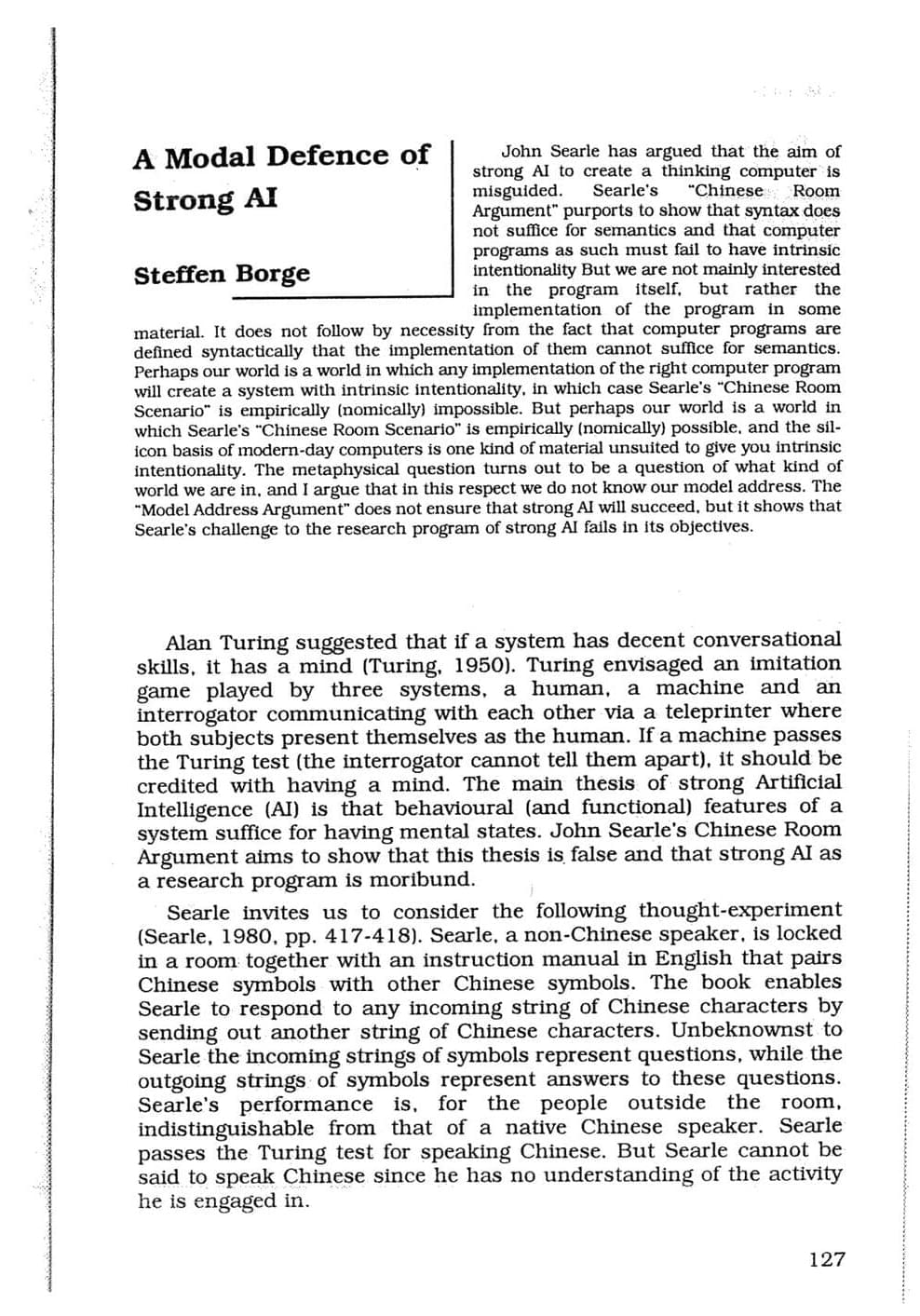

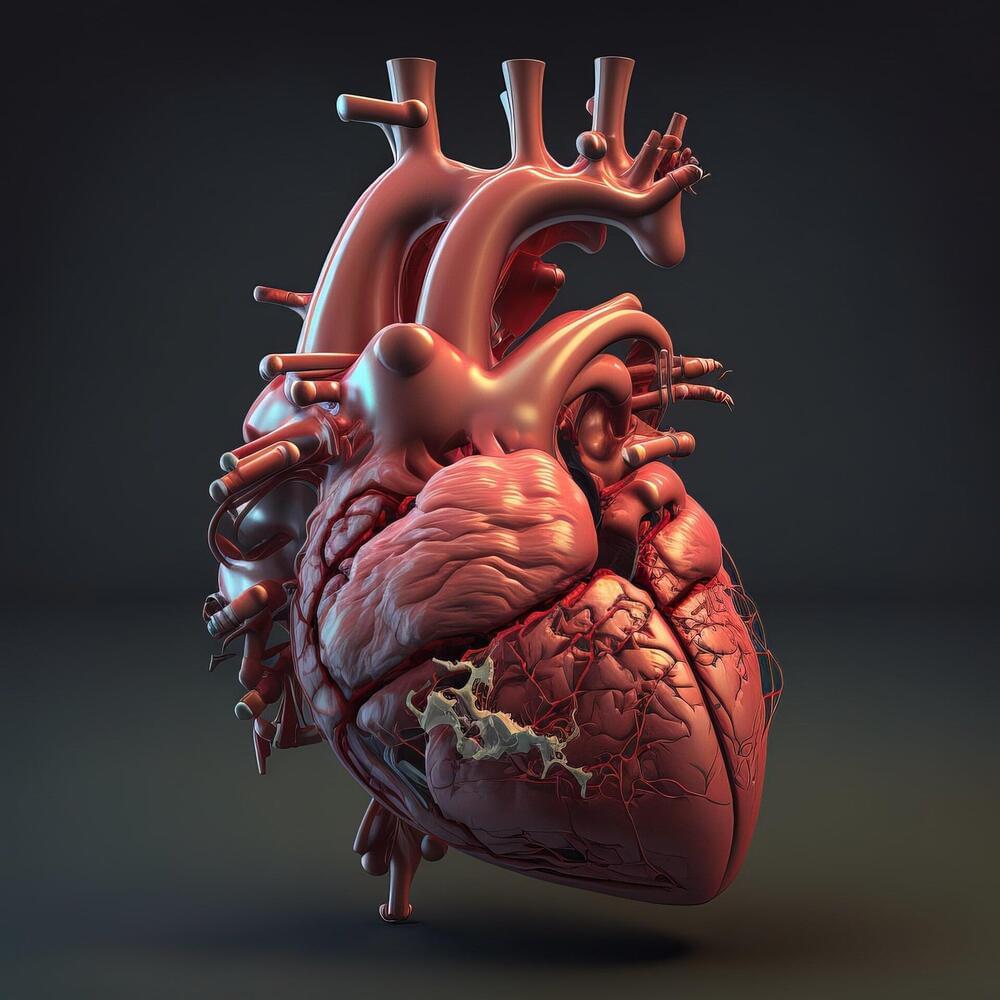
In patients with multi-vessel heart disease who have had a heart attack, immediate treatment with stents in all diseased arteries was found to be as safe and effective at one year of follow-up as staged treatment, according to findings from the first large, randomized trial to address this question that is being presented at the American College of Cardiology’s Annual Scientific Session Together With the World Congress of Cardiology. In staged treatment, the blocked artery that caused the heart attack is treated with a stent immediately and other partially blocked arteries are treated in a second procedure up to six weeks later. This study was simultaneously published online in The Lancet at the time of presentation.
About half of patients who have a heart attack have multi-vessel heart disease—this means that in addition to having one completely blocked coronary artery that caused their heart attack, they have additional narrowed coronary arteries that are at risk of becoming blocked or unstable, leading to another heart attack. Clinicians refer to the blocked artery that causes a heart attack as the “culprit lesion” and to the other at-risk arteries as “non-culprit lesions.”
“The purpose of the international, randomized BIOVASC trial was to compare outcomes for immediate and staged complete revascularization for patients with multi-vessel heart disease who have suffered a heart attack. The goal was not to determine which approach was superior but rather to establish whether immediate complete vascularization was ‘not inferior’ to the staged approach, which needed to be answered first,” said Roberto Diletti, MD, Ph.D., an interventional cardiologist at Erasmus Medical Center in Rotterdam, Netherlands, and lead author of the study.
Shortform link:
https://shortform.com/artem.
In this video we will explore a very interesting paper published in Nature in 2022, which describes the hidden torus in the neuronal activity of cells in the entorhinal cortex, known as grid cells.
Place cell video: https://www.youtube.com/watch?v=iV-EMA5g288&t=158s.
Neural manifolds video: https://www.youtube.com/watch?v=QHj9uVmwA_0
My name is Artem, I’m a computational neuroscience student and researcher.
Socials:
Twitter: https://twitter.com/ArtemKRSV
REFERENCES:
Shortform link:
https://shortform.com/artem.
My name is Artem, I’m a computational neuroscience student and researcher.
In this video we will talk about the fundamental role of lognormal distribution in neuroscience. First, we will derive it through Central Limit Theorem, and then explore how it support brain operations on many scales — from cells to perception.
REFERENCES:
1. Buzsáki, G. & Mizuseki, K. The log-dynamic brain: how skewed distributions affect network operations. Nat Rev Neurosci 15264–278 (2014).
2. Ikegaya, Y. et al. Interpyramid Spike Transmission Stabilizes the Sparseness of Recurrent Network Activity. Cerebral Cortex 23293–304 (2013).
3. Loewenstein, Y., Kuras, A. & Rumpel, S. Multiplicative Dynamics Underlie the Emergence of the Log-Normal Distribution of Spine Sizes in the Neocortex In Vivo. Journal of Neuroscience 31, 9481–9488 (2011).
4. Morales-Gregorio, A., van Meegen, A. & van Albada, S. J. Ubiquitous lognormal distribution of neuron densities across mammalian cerebral cortex. http://biorxiv.org/lookup/doi/10.1101/2022.03.17.480842 (2022) doi:10.1101/2022.03.17.480842.
OUTLINE:

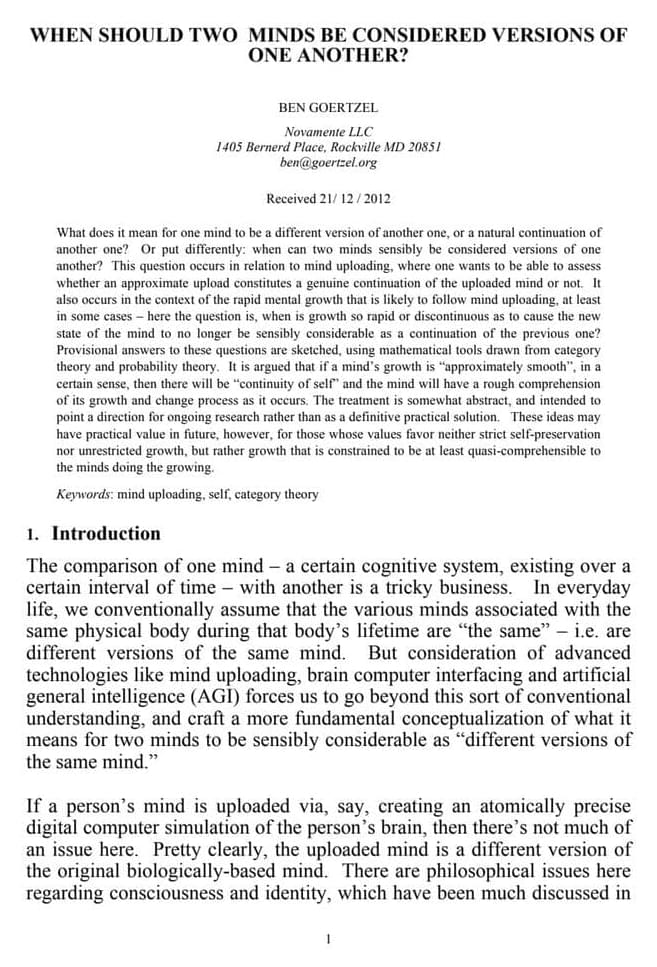
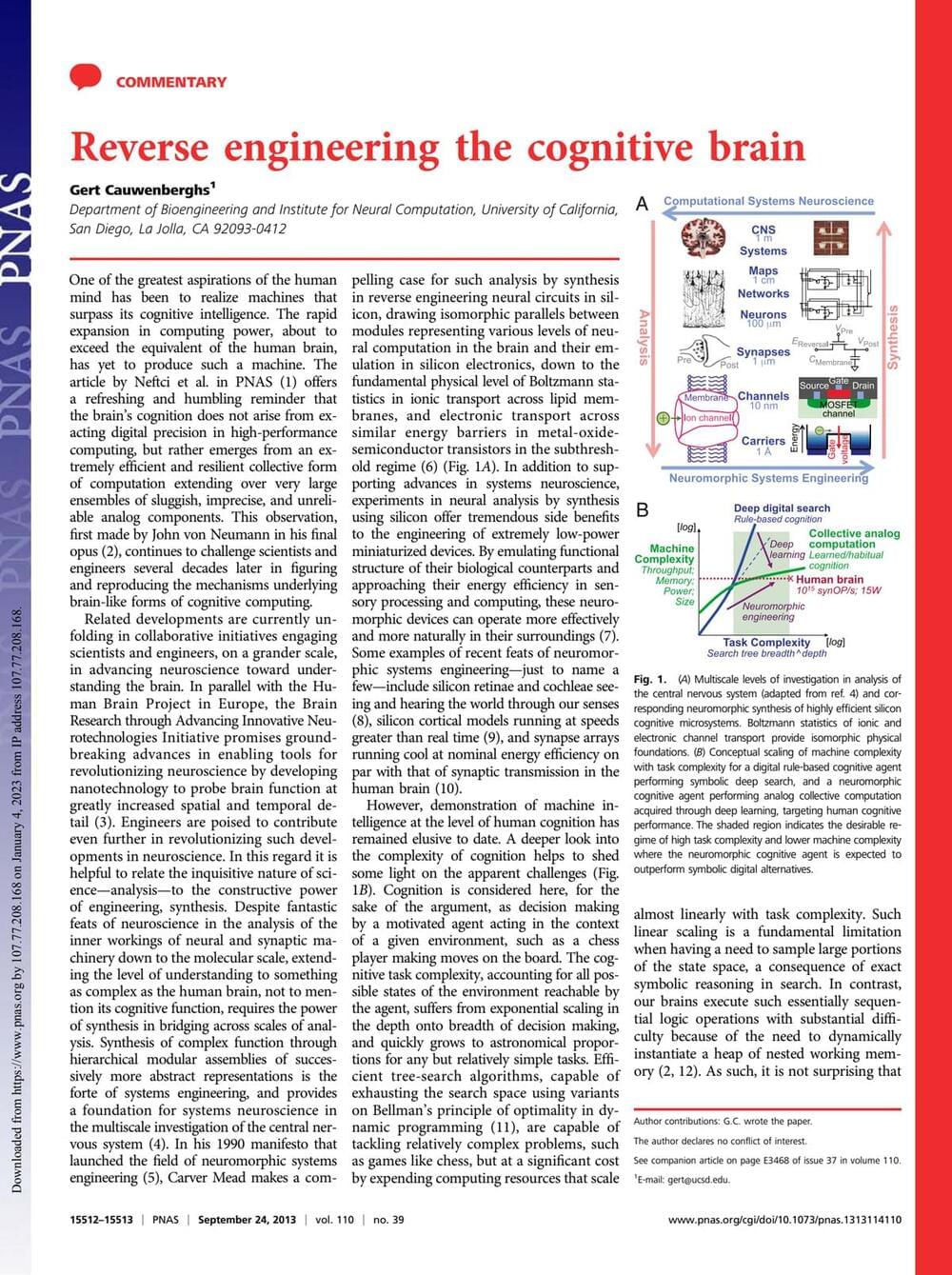
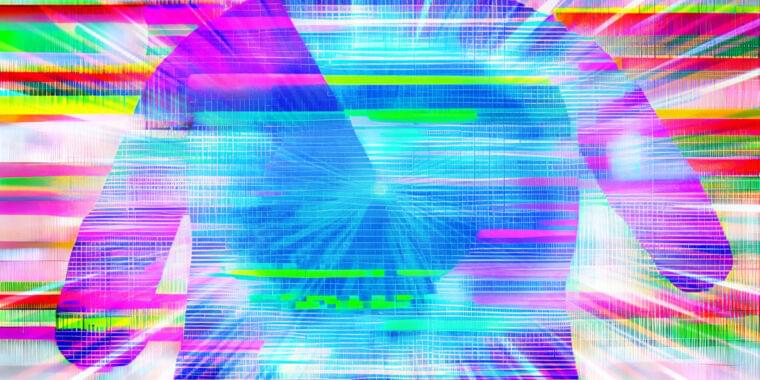
Things are moving at lightning speed in AI Land. On Friday, a software developer named Georgi Gerganov created a tool called “llama.cpp” that can run Meta’s new GPT-3-class AI large language model, LLaMA, locally on a Mac laptop. Soon thereafter, people worked out how to run LLaMA on Windows as well. Then someone showed it running on a Pixel 6 phone, and next came a Raspberry Pi (albeit running very slowly).
But let’s back up a minute, because we’re not quite there yet. (At least not today—as in literally today, March 13, 2023.) But what will arrive next week, no one knows.
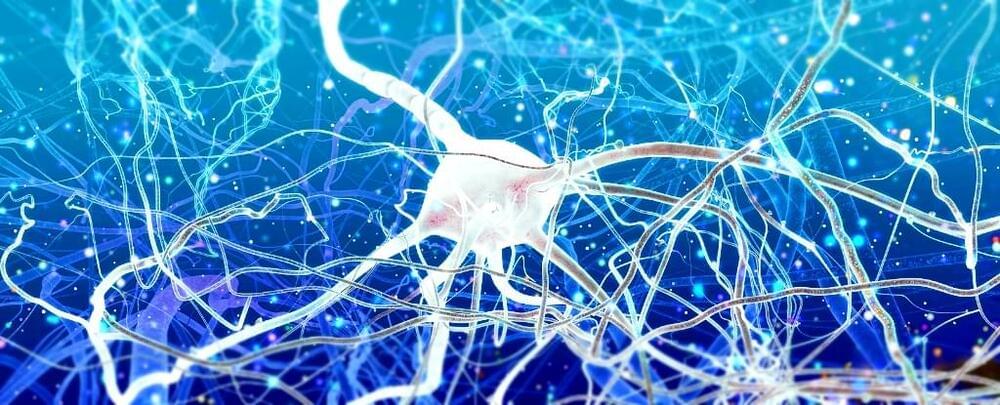
Through a vast network of nerve fibers, electrical signals are constantly traveling across the brain. This complicated activity is what ultimately gives rise to our thoughts, emotions, and behaviors – but also possibly to mental health and neurological problems when things go wrong.
Brain stimulation is an emerging treatment for such disorders. Stimulating a region of your brain with electrical or magnetic pulses will trigger a cascade of signals through your network of nerve connections.
However, at the moment, scientists are not quite sure how these cascades travel to impact the activity of your brain as a whole – an important missing piece that limits the benefits of brain stimulation therapies.
Compare news coverage. Spot media bias. Avoid algorithms. Be well informed. Download the free Ground News app at https://ground.news/HOTU
Researched and Written by Leila Battison.
Narrated and Edited by David Kelly.
Animations by Jero Squartini https://www.fiverr.com/share/0v7Kjv.
Incredible thumbnail art by Ettore Mazza, the GOAT: https://www.instagram.com/ettore.mazza/?hl=en.
Huge thanks to Antonio Padilla for inspiring the section on TREE — his book is wonderful, I have already read it twice:
If you like our videos, check out Leila’s Youtube channel:
https://www.youtube.com/channel/UCXIk7euOGq6jkptjTzEz5kQ
Music from Epidemic Sound and Artlist.